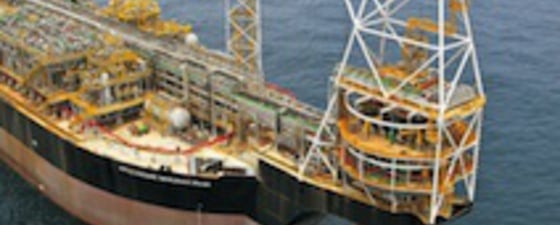Since the discovery of the Jubilee Field in 2007 in the relatively unexplored deep waters off Ghana, estimates of the resources held by that country and its neighbours in the Gulf of Guinea have increased several fold to over 11 Bboe.
So what will the discovery of such riches mean to the impoverished people of Western Africa, many of whom still live on less than a dollar a day? In oil rich Nigeria, it is estimated that 80% of revenues from oil and gas benefit a mere 1% of the population And in Luanda, the capitol of Angola, a country which exports over a million barrels of oil a day, 90% of residents do not have running water. millions of dollars of oil revenues earmarked for infrastructure, schools and healthcare in many countries appear to end up in the pockets of private individuals. Why is it that resource rich economies seem unable to transform this natural good fortune into savings that will benefit all their people? And can we as an industry do anything about it?
Recently, Nigeria has been looking to restructure its oil industry through an Oil Reform Bill in an effort to enforce sustainability, transparency and greater control over resources, but both external and internal pressure make it unlikely that it will be effectively implemented, or even passed. the extractive Industries transparency Initiative (EITI) was formed in 2002 with the aim of setting a global standard for transparency in oil, gas and mining through the coalition of governments, companies and civil society – an effort to make natural resources benefit all and a standard for companies to publish what they pay and for governments to disclose what the receive. many oil companies and at least 35 resource rich countries throughout the world have signed up to this, which must be a step in the right direction.
Will African countries newly emerging into the family of oil producing nations learn from their predecessors and allow the discovery of oil be a catalyst for sustainable development and growth? We must hope so – but only time will tell.




